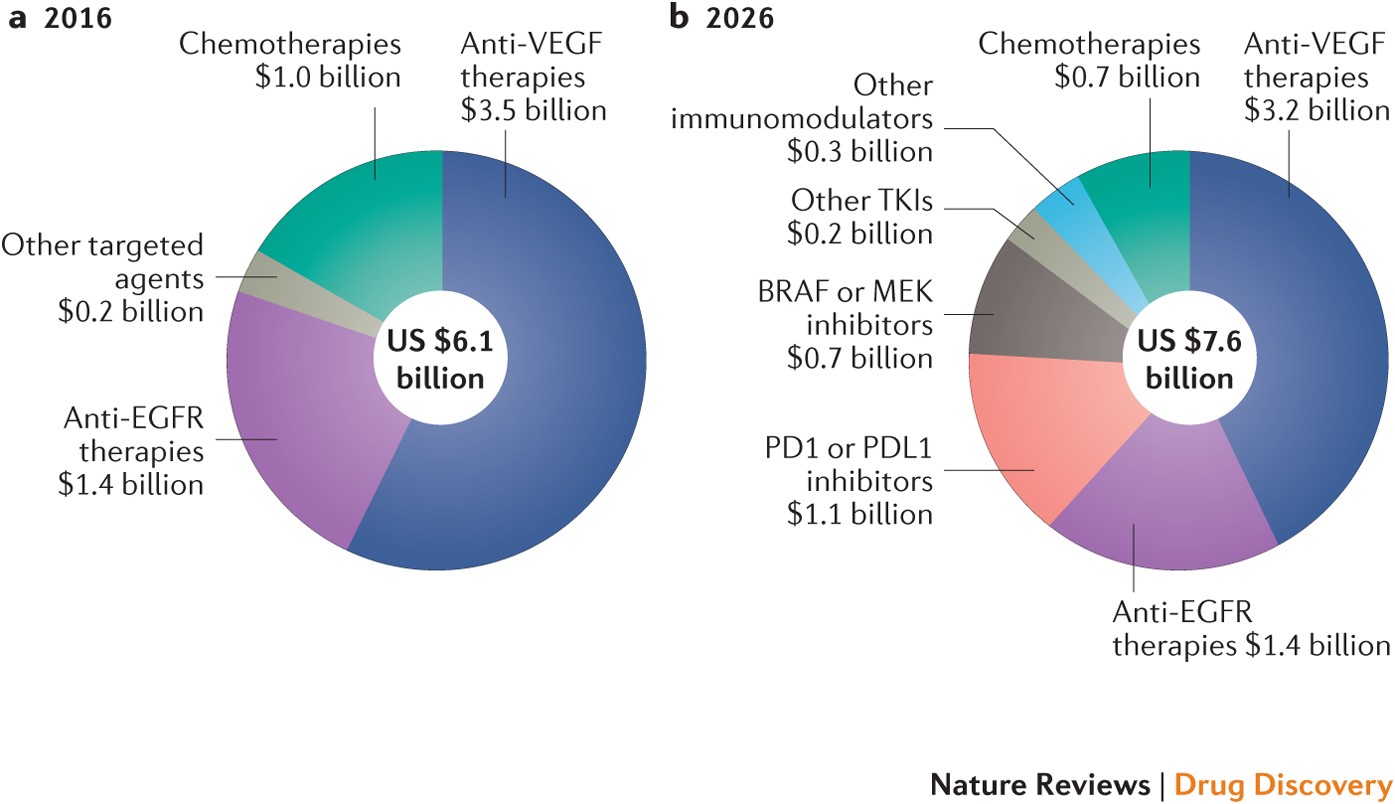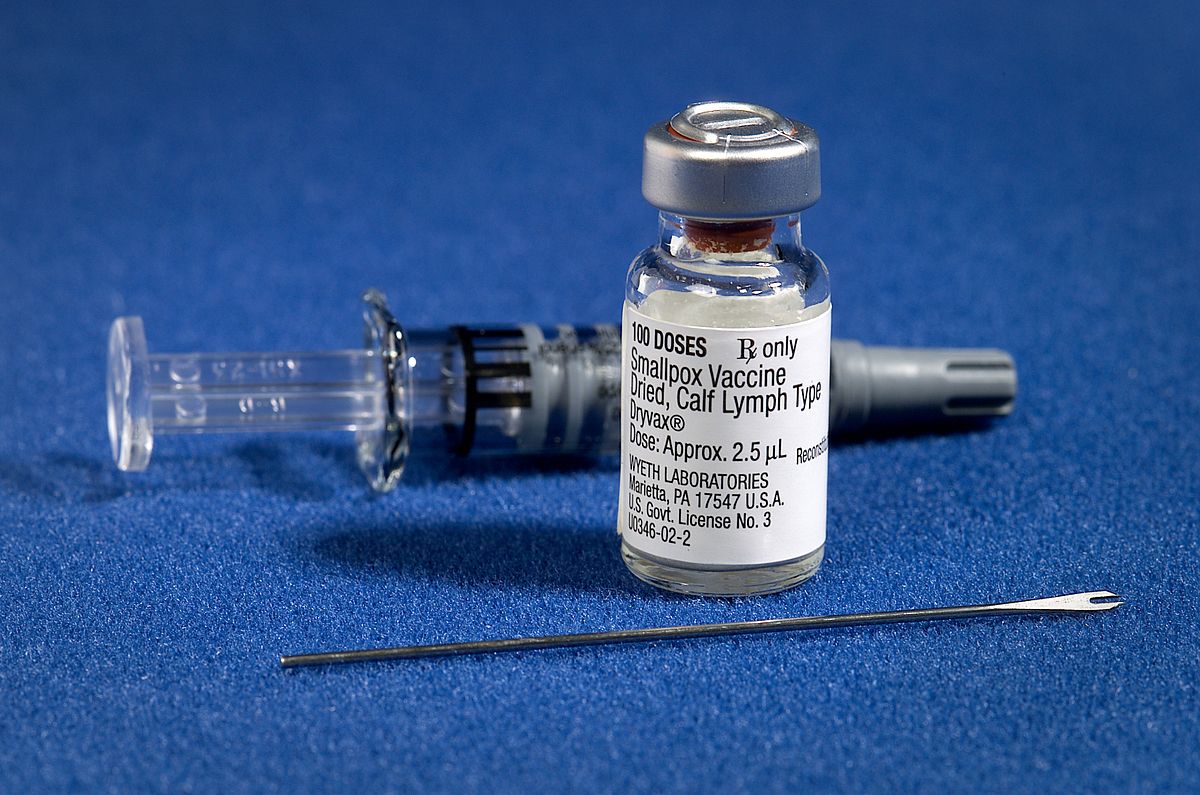 Link Insertions on Real Blogs – Quick Wins for Better Rankings!
Link Insertions on Real Blogs – Quick Wins for Better Rankings!
Eisai Co., Ltd: Pioneering Strategies and Innovations in the Kinase Inhibitors Market
Written by Ashit Das » Updated on: June 17th, 2025


Introduction:
The Kinase Inhibitors Market has seen significant growth in recent years, driven by advancements in cancer therapy, autoimmune diseases, and other chronic conditions. Among the key players in this rapidly evolving market is Eisai Co., Ltd, a global pharmaceutical company renowned for its innovative approach to developing treatments for a variety of diseases, with a particular focus on oncology and neurology. Eisai’s contributions to the kinase inhibitors market have not only expanded treatment options but also redefined the approach to targeted therapies.
Eisai's Strategy in the Kinase Inhibitors Market
1. Commitment to Oncology and Precision Medicine
Eisai has made significant strides in the oncology space, particularly with kinase inhibitors, which are critical in targeting specific enzymes involved in cancer cell signaling. The company’s strategy revolves around precision medicine, which focuses on tailoring therapies to the individual characteristics of patients and their diseases.
Eisai’s approach to kinase inhibitors in oncology is evident in their development of selective inhibitors that target specific kinases responsible for cancer progression. Their flagship products, like Lenvima (lenvatinib), have demonstrated efficacy in treating a variety of cancers, including thyroid cancer, renal cell carcinoma, and hepatocellular carcinoma.
Key aspects of Eisai's strategy include:
Selective Targeting: Eisai focuses on the development of selective kinase inhibitors that can specifically target cancer-related pathways, reducing the likelihood of side effects typically seen in more broad-spectrum treatments.
Combination Therapies: Eisai actively explores combination treatments using Lenvima alongside other cancer therapies, such as immune checkpoint inhibitors, to enhance therapeutic outcomes. This strategy reflects the growing trend of combination therapies in cancer treatment.
Personalized Oncology: The company invests in biomarkers to identify patients who would benefit the most from kinase inhibitor therapies, thereby personalizing treatment plans for improved efficacy and minimal toxicity.
2. Global Expansion and Strategic Partnerships
To further bolster its position in the kinase inhibitors market, Eisai has formed strategic partnerships with major pharmaceutical companies and research institutions. These partnerships are aimed at expanding their research pipeline, enhancing clinical trial capabilities, and increasing global access to innovative therapies.
For example, Eisai entered into a strategic collaboration with Merck to explore the combination of Lenvima with Merck’s Keytruda, an anti-PD-1 antibody used in cancer immunotherapy. This partnership focuses on developing new combination therapies to treat multiple cancers, such as non-small cell lung cancer (NSCLC), endometrial cancer, and hepatocellular carcinoma. By combining Lenvima’s kinase inhibition with immune checkpoint inhibition, this collaboration has the potential to offer more effective cancer treatments.
Additionally, Eisai has also partnered with other biotech companies and academic institutions to explore new kinase inhibitors in areas like autoimmune diseases, neurology, and cardiovascular diseases.
3. Investment in Research and Development (R&D)
Eisai is renowned for its strong commitment to research and development, particularly in the field of kinase inhibitors. The company has made substantial investments in its R&D infrastructure to develop innovative kinase inhibitors that can address unmet medical needs in areas like oncology, neurology, and autoimmune diseases.
Eisai’s R&D efforts are directed at the following key areas:
Target Identification and Validation: Eisai’s researchers focus on identifying and validating novel kinase targets, particularly those involved in cancer progression and inflammation. This allows them to develop therapies that can effectively intervene in disease pathways.
Mechanism-Based Approach: By understanding the underlying mechanisms of kinase activity, Eisai is working to develop more selective and potent inhibitors that are highly specific to disease pathways.
Clinical Trials: Eisai is actively conducting global clinical trials to test the safety and efficacy of its kinase inhibitors, evaluating their potential in a wide range of diseases.
4. Focus on Neurodegenerative Diseases
While Eisai is primarily known for its work in oncology, the company has also expanded its focus into neurodegenerative diseases, a growing area for kinase inhibitors. Kinase inhibitors have shown promise in treating Alzheimer’s disease, Parkinson’s disease, and other neurodegenerative conditions, where they can help regulate the signaling pathways involved in neuroinflammation and cellular dysfunction.
Eisai’s collaboration with Biogen on the development of E2609, a selective gamma-secretase inhibitor, exemplifies its dedication to discovering innovative treatments for neurological diseases. Although not directly a kinase inhibitor, this collaboration aligns with Eisai’s commitment to finding novel therapies for neurodegenerative disorders through cutting-edge technology and R&D.
5. Commitment to Sustainability and Patient Access
Eisai has a patient-first approach, ensuring that its kinase inhibitors and other therapies are accessible to patients worldwide. The company works on pricing strategies that aim to make innovative treatments more affordable and accessible in both developed and emerging markets.
Furthermore, Eisai is committed to sustainable practices in its manufacturing and research processes, ensuring that its innovations are not only effective but also environmentally responsible. Eisai’s sustainability efforts extend to reducing environmental impact in its production facilities, aiming for long-term sustainability in global healthcare.
Emerging Innovations and Developments in Kinase Inhibitors at Eisai
1. Novel Kinase Inhibitors in Clinical Trials
Eisai continues to push the boundaries of what kinase inhibitors can achieve, with several promising candidates in the clinical trial phase. These include:
E7389: A novel kinase inhibitor currently in clinical trials for solid tumors, particularly breast cancer and lung cancer. This compound targets specific pathways involved in cancer cell survival, offering potential benefits for patients with drug-resistant cancers.
E5002: Another promising kinase inhibitor targeting the Janus kinase (JAK) pathway, which plays a crucial role in immune regulation and inflammation. This compound is being investigated for its potential in treating autoimmune diseases like rheumatoid arthritis and psoriasis.
These clinical developments illustrate Eisai’s commitment to advancing the kinase inhibitors pipeline and exploring new therapeutic areas.
2. Combination Therapies for Enhanced Efficacy
Combination therapies involving kinase inhibitors are becoming increasingly important in treating diseases like cancer. Eisai’s focus on exploring combination strategies is an essential part of its efforts to address drug resistance and improve patient outcomes. Some ongoing studies are investigating the combination of Lenvima with other types of therapy, such as chemotherapy, radiation therapy, and immune checkpoint inhibitors.
The combination of Lenvima with Keytruda has already demonstrated promising results, particularly in hepatocellular carcinoma (HCC), and Eisai is keen on expanding this approach to treat other malignancies. This strategy represents the growing trend of targeted combination therapies in oncology, providing more effective treatment options for patients.
3. Expansion into New Therapeutic Areas
Beyond cancer, Eisai is also exploring the use of kinase inhibitors in neurology and autoimmune diseases. Kinase inhibitors are increasingly being studied for their potential to modify inflammatory pathways and treat diseases like Alzheimer’s, Parkinson’s, and rheumatoid arthritis. Eisai’s continued investment in neurodegenerative disease treatments demonstrates the company’s adaptability and commitment to addressing a broad range of patient needs.
Conclusion
Eisai Co., Ltd has firmly established itself as a leader in the kinase inhibitors market through its commitment to innovation, research, and strategic collaborations. The company’s efforts in oncology, neurodegenerative diseases, and autoimmune disorders have reshaped the landscape of targeted therapies, offering new hope for patients facing complex diseases.
By focusing on precision medicine, selective kinase inhibition, combination therapies, and expanding into new therapeutic areas, Eisai is poised to continue making significant contributions to the healthcare industry. Their strategies, innovations, and focus on patient accessibility are expected to drive future growth in the kinase inhibitors market, with the promise of even more groundbreaking therapies to improve global health outcomes.
Note: IndiBlogHub features both user-submitted and editorial content. We do not verify third-party contributions. Read our Disclaimer and Privacy Policyfor details.
Copyright © 2019-2025 IndiBlogHub.com. All rights reserved. Hosted on DigitalOcean for fast, reliable performance.













